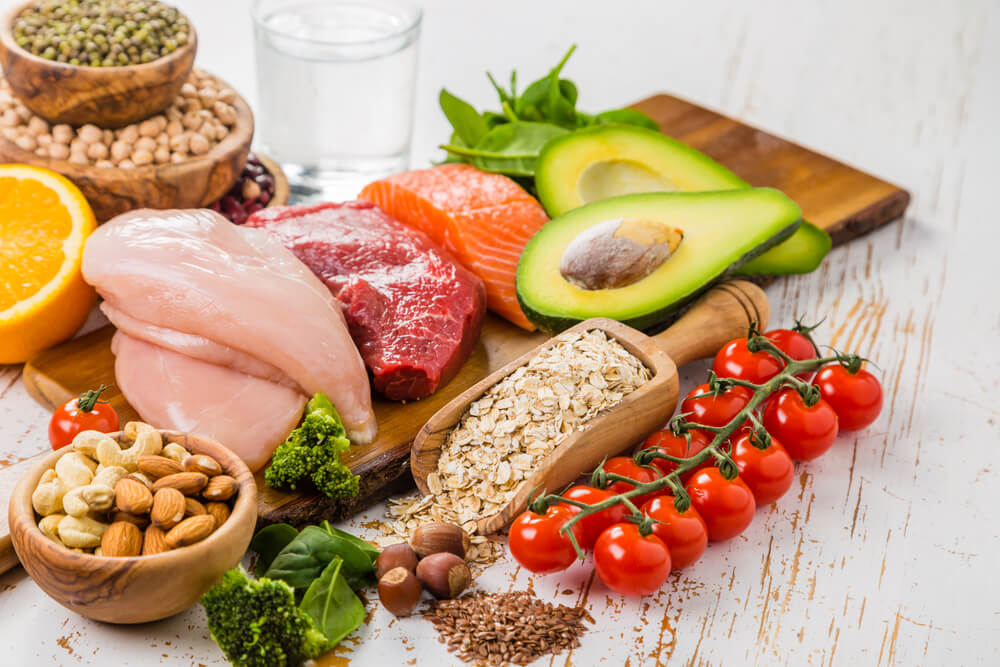Introduction
When stomach acid runs back into the oesophagus, this is known as acid reflux. This happens on a regular basis, however, it might cause issues or irritating symptoms such as heartburn.
A weakened or injured lower oesophagal sphincter is one reason for this (LES). Normally, the LES closes to keep food from traveling from the stomach into the oesophagus.
The amount of acid produced by your stomach is affected by the foods you eat. Eating the right foods is essential for controlling acid reflux or gastroesophageal reflux disease (GERD), a severe, chronic form of acid reflux.
What Factors Contribute to Acid Reflux?
According to Leena Khaitan, MD, a gastrointestinal surgeon at UH, the worst GERD meals might increase symptoms while other foods can soothe them
Acid reflux occurs when the sphincter at the base of the oesophagus malfunctions, allowing stomach fluid to enter the oesophagus.
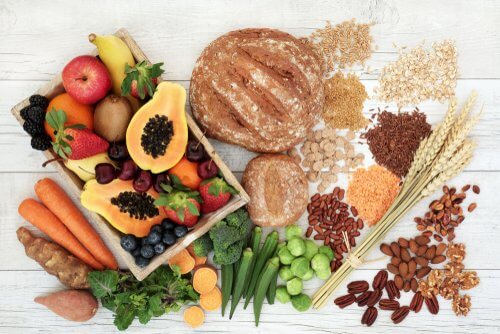
“Dietary changes can significantly reduce acid reflux and allow you to avoid further therapies,” says Dr Khaitan.
Patterns of Consumption
In addition to what you eat, your doctor may urge you to change the way you eat.
Common recommendations include:
- Eat smaller portions. Consuming fewer meals on a regular basis can help ease stomach strain.
- Higher stomach pressure may cause your LES to relax, allowing stomach contents to flow up into your oesophagus.
- Consume gently. Smaller bites and careful chewing decrease the chances of cramming yourself or irritating your oesophagus or stomach.
- Do not lie down right after eating. Remaining upright for two to three hours after eating can reduce your chance of reflux.
- Eat only when you are truly hungry. If you eat more while your stomach is full, your stomach pressure may rise.
- It is not advisable to wear clothes that are too tight around the waist. When you eat, the weight of your clothing on your stomach may put pressure on your stomach and LES.
- Eat in order to keep a healthy weight. Not carrying extra weight relieves abdominal strain.
Tips for Success
Take a breather. Chewing gum (not spearmint or peppermint, which can relax the LES) increases saliva production and decreases oesophagal acid levels.
Avoid drinking alcohol. Alcohol is a recognized irritant that can weaken the LES and induce reflux symptoms. While some people’s symptoms increase after only one drink, others can tolerate moderate amounts. Try several things to see what works best for you.
Maintain correct posture both before and after eating. When eating, it’s recommended to sit up and avoid sitting flat for at least two hours afterward. Standing up and moving around after eating aids in the proper direction of stomach secretions.
Avoid eating right before bedtime. Digestion causes an increase in the amount of gastric acid in the stomach. When you lie down, the LES’s ability to prevent stomach contents from ascending to the oesophagus decreases. A high level of stomach acid mixed with a reclined position is a recipe for reflux. Timing varies by everyone but eating a heavy meal less than three or four hours before bedtime is not advised for GERD sufferers.
Foods for consumption
When stomach acid comes into contact with the oesophagus, it can cause reflux symptoms such as discomfort and pain. If you have too much acid in your stomach, having these foods in your diet will help to reduce acid reflux symptoms.
None of these meals will cure your disease, and your decision to attempt them for symptom alleviation should be solely based on your individual experiences.
Vegetables
Vegetables are low in fat and sugar by nature. Green beans, broccoli, asparagus, cauliflower, leafy greens, potatoes, and cucumbers are all good choices.
Ginger
Ginger is anti-inflammatory and can be used to treat heartburn and other digestive issues. To relieve symptoms, add grated or sliced ginger root to meals or smoothies, or drink ginger tea.
Oatmeal
Oatmeal, a popular morning cereal, comprises whole grains and is high in fiber. A high-fiber diet has been related to a reduced risk of acid reflux. Fiber is abundant in whole-grain bread and rice.
Other than citrus fruits
Non-citrus fruits, such as melons, bananas, apples, and pears, are less prone than acidic fruits to cause reflux symptoms.
Seafood and lean meat slices
Low-fat meats such as chicken, turkey, fish, and seafood can help alleviate acid reflux symptoms. Grilled, broiled, roasted, or poached are all options.
Whites of eggs
Egg whites work well as an alternative. Egg yolks, on the other hand, are high in fat and can cause reflux.
Fats that are beneficial to your health
Avocados, walnuts, flaxseed, olive oil, sesame oil, and sunflower oil are high in healthy fats. Reduce your diet of saturated and trans fats while increasing your intake of these essential unsaturated fats.
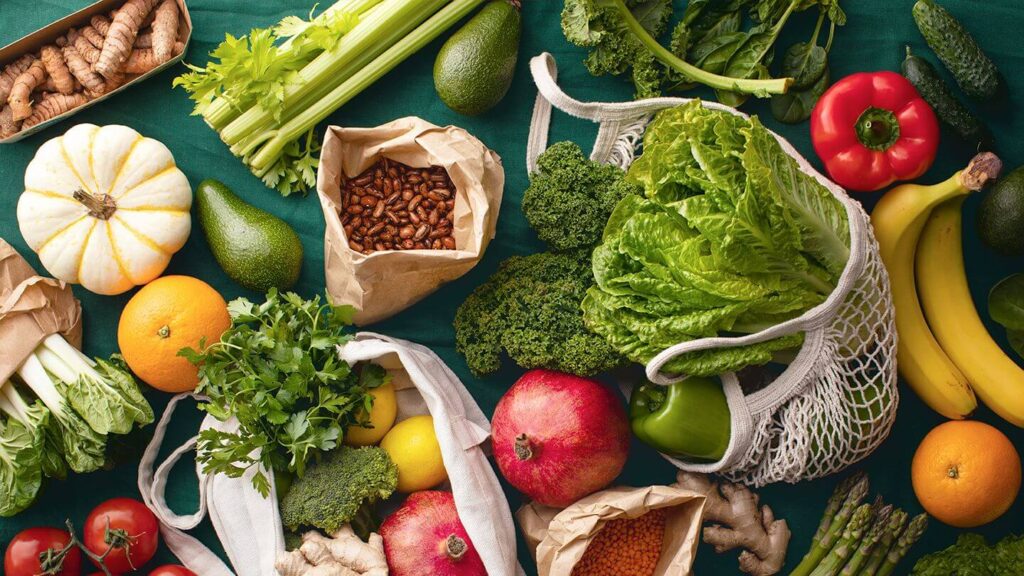
Identifying your triggers
Acid reflux and GERD are frequently accompanied by heartburn. After eating a large meal or certain foods, you may get a burning sensation in your stomach or chest. As acid reaches your oesophagus, it might trigger vomiting or regurgitation.
Other signs and symptoms include:
- spells of coughing
- a pounding sensation in the throat
- bloating
- hiccups or burping
- swallowing issues
- a lump in the back of the throat
Many people with GERD are aware that certain meals aggravate their symptoms. There is no single diet that may prevent all GERD symptoms because dietary triggers fluctuate from person to person.
Keep a meal log and record the following to determine your personal triggers:
- what meals do you consume
- When do you eat your meals?
- What symptoms are you experiencing?
Maintain the diary for at least a week. Keeping a food journal for an extended period of time can be beneficial if your diet changes. You can use the diary to discover particular meals and beverages that cause GERD.
When it comes to meal planning, the diet and nutrition standards offered here are an excellent place to start. Use this information in conjunction with your food journal and the advice of your doctor. The goal is to control and reduce your symptoms.
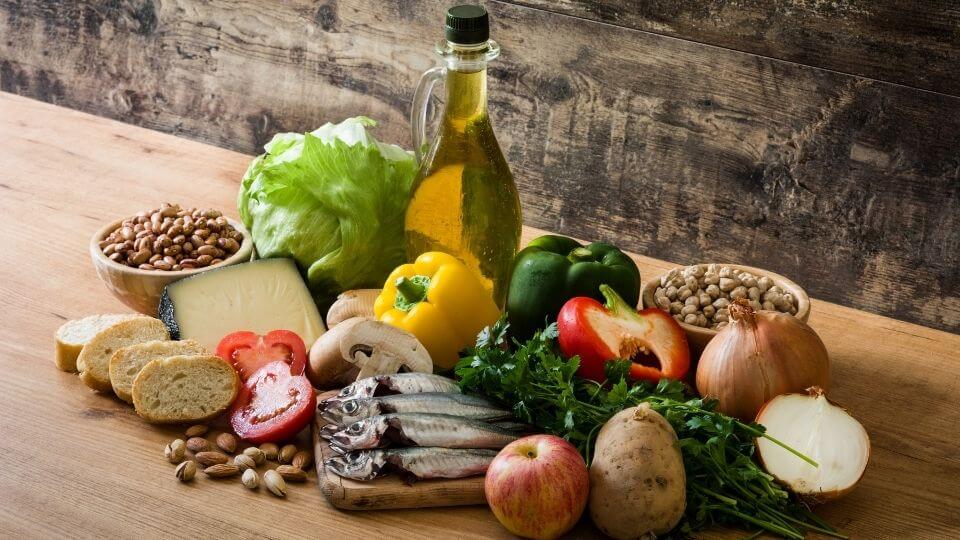
Foods to avoid
Although specialists vary about which foods cause reflux symptoms, certain foods have been shown to cause problems for a substantial number of people. To start treating your symptoms, cut out the following foods from your diet:
Fattening foods
Fried and fatty foods can cause the LES to relax, allowing more stomach acid to enter the oesophagus. These foods also cause stomach emptying to be delayed.
Eating high-fat foods increases your chances of experiencing reflux symptoms, therefore reducing your total daily fat consumption can help.
The following foods are high in fat. Avoid or consume in moderation:
- Onion rings and french fries
- Butter, whole milk, ordinary cheese, and sour cream are all full-fat dairy products.
- greasy or fried pork, hog, or lamb slices
- lard, ham fat, and bacon fat
- Ice cream and potato chips are examples of sweets and snacks.
- salad dressings, cream sauces, and gravies
- meals with a lot of fat and oil
Tomatoes and citrus fruits
Fruits and vegetables are necessary components of a balanced diet. Certain fruits, particularly those high in acid, can, on the other hand, irritate or worsen GERD symptoms. If you have acid reflux, you should limit or avoid the items listed below:
- oranges
- grapefruit
- lemons
- limes
- pineapple
- tomatoes
- tomato sauce and tomato-based dishes such as pizza and chilli
- salsa
Chocolate
Chocolate contains the chemical methylxanthine. It has been shown to relax the LES smooth muscle and so promote reflux.
Meals containing onions, garlic, and heat
Many people get heartburn after eating spicy or sour foods like onions or garlic. These foods are unlikely to produce reflux in all people.
If you consume a lot of onions or garlic, keep a detailed food diary. Some of these foods, particularly spicy dishes, may irritate you more than others.
Mint
Mint and mint-flavoured goods, such as chewing gum and breath mints, can also cause acid reflux symptoms.
Other possibilities
While the lists above address frequent causes, you may be allergic to certain foods. To see if your symptoms improve, consider eliminating the following meals gradually: Whey protein, dairy products, and bread and crackers made from wheat.
Lifestyle suggestions
You can control symptoms through lifestyle modifications in addition to minimizing reflux symptoms with diet and nutrition. Consider the following suggestions:
- Use antacids and other acid-preventing drugs. (Excessive use may have negative side effects.)
- Keep a healthy weight.
- Chew gum that isn’t peppermint or spearmint flavoured.
- Avoid consuming alcohol.
- Quit smoking.
- Consume with caution and moderation.
- After eating, stay upright for at least 2 hours.
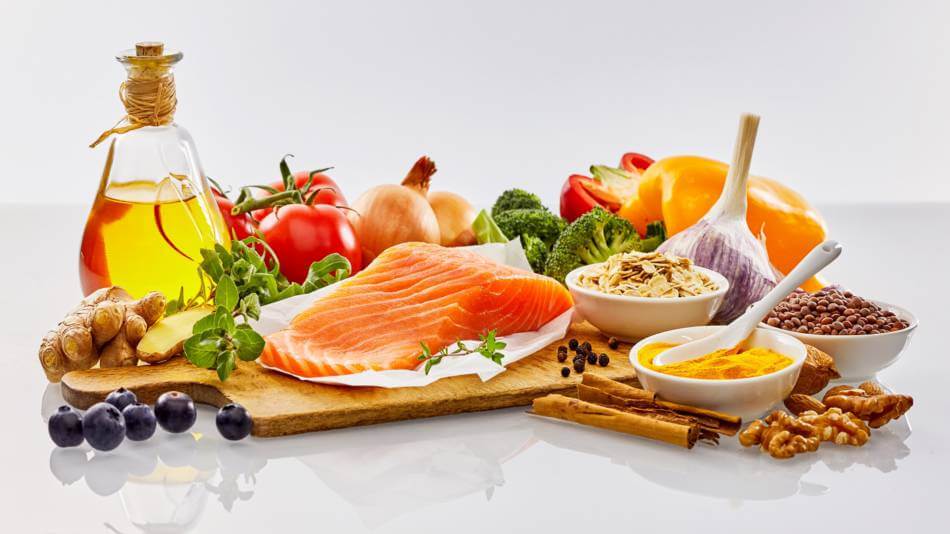
- Put on something comfortable.
- Fast for 3-4 hours before going to bed.
- Raise your bed’s head 4 to 6 inches to aid with reflux when sleeping.
How a Doctor Can Assist
Consult a doctor if you suffer heartburn twice a week or more and diet or eating habits modifications haven’t helped. A gastroenterologist (a digestive system specialist) can do tests to determine the degree of acidity in your stomach and whether or not repeated acid reflux has caused oesophagal damage.
GERD is usually curable with a combination of lifestyle changes and medication. Chronic reflux symptoms, on the other hand, necessitate a thorough examination by a gastroenterologist in order to determine the underlying reason and discuss treatment options.
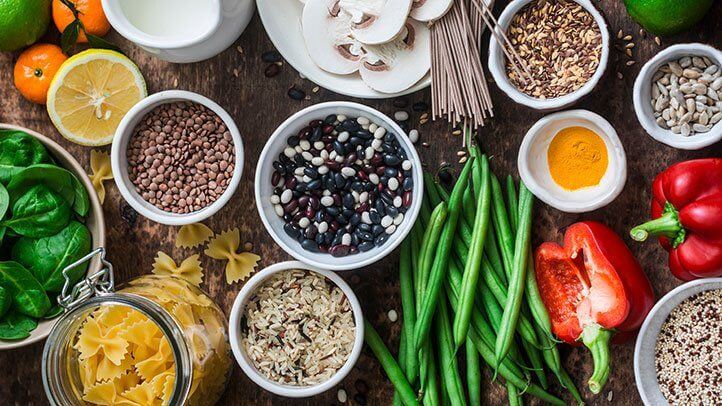
Takeaway
There is no diet proven to be useful in preventing GERD. Certain foods, on the other hand, may be advantageous to some people.
According to one study, eating more fibre, specifically in the form of fruits and vegetables, may help prevent GERD. Experts are unsure how fibre alleviates GERD symptoms.
It is always a good idea to increase your fibre consumption. Fibre, in addition to alleviating GERD symptoms, lowers the risk of:
- elevated cholesterol levels
- Uncontrolled blood glucose levels
- haemorrhoids and other bowel complications
If you are unsure whether particular foods should be included in your diet, see your doctor. Foods that are good for one person may be bad for another.
Working with your doctor or a qualified nutritionist can assist you in developing a diet that will help you regulate or reduce your symptoms.
GERD symptoms are usually curable with a combination of lifestyle adjustments and over-the-counter medicines.
If lifestyle modifications and drugs do not improve your symptoms, see your doctor. Your doctor may prescribe drugs or, in extreme circumstances, surgery.
